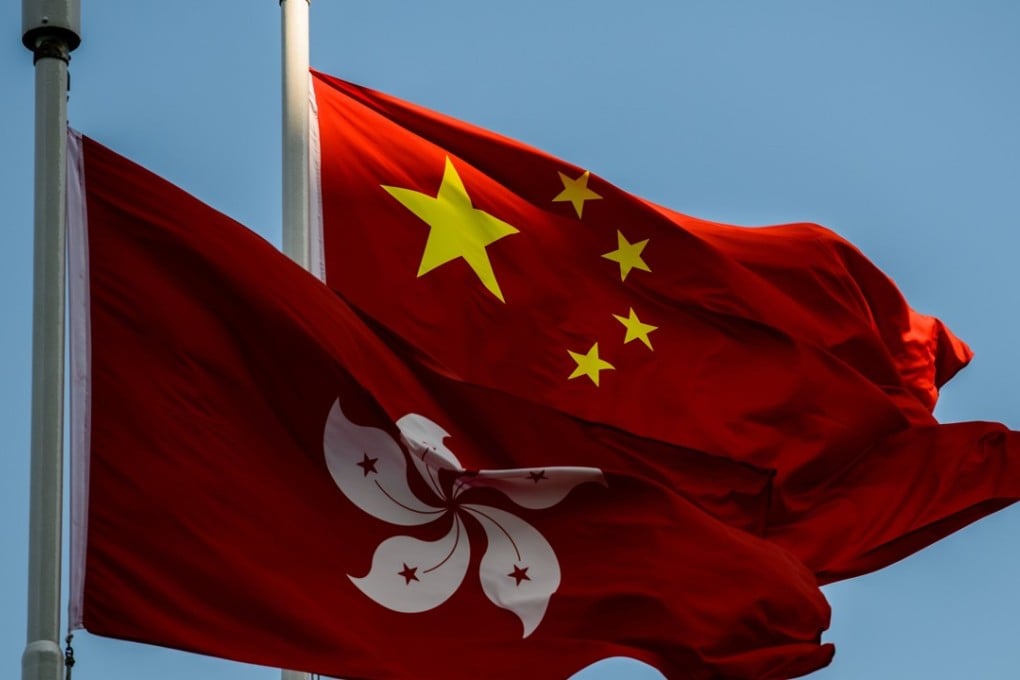Advertisement
City Beat | Marriott fiasco shows there’s no room for disrespect when it comes to China’s sovereignty
Growing scrutiny from Chinese citizens reflects a simple, if hard, truth: prevailing practices that were not taken too seriously in the past are now becoming unacceptable, writes Tammy Tam
Reading Time:3 minutes
Why you can trust SCMP

It started with a public outcry spreading over the internet, followed by stern official rebukes, after mainland Chinese netizens noticed the Marriott International hotel chain listing Hong Kong, Taiwan and Tibet as independent countries in a questionnaire it sent to customers.
That turned out to be only the beginning of a rule-setting campaign to ensure respect for China’s sovereignty.
In another development in Hong Kong, former lawmaker Cheng Chung-tai was sacked by Polytechnic University for desecrating the national and Hong Kong flags during a Legislative Council meeting last year.
Advertisement

They were separate cases but the message was the same: from now there will be a price to pay for showing disrespect for China’s territorial integrity.
Advertisement
This is not just the official line, but a sentiment shared by many ordinary Chinese people. So is it patriotism or populism?
Advertisement
Select Voice
Choose your listening speed
Get through articles 2x faster
1.25x
250 WPM
Slow
Average
Fast
1.25x
